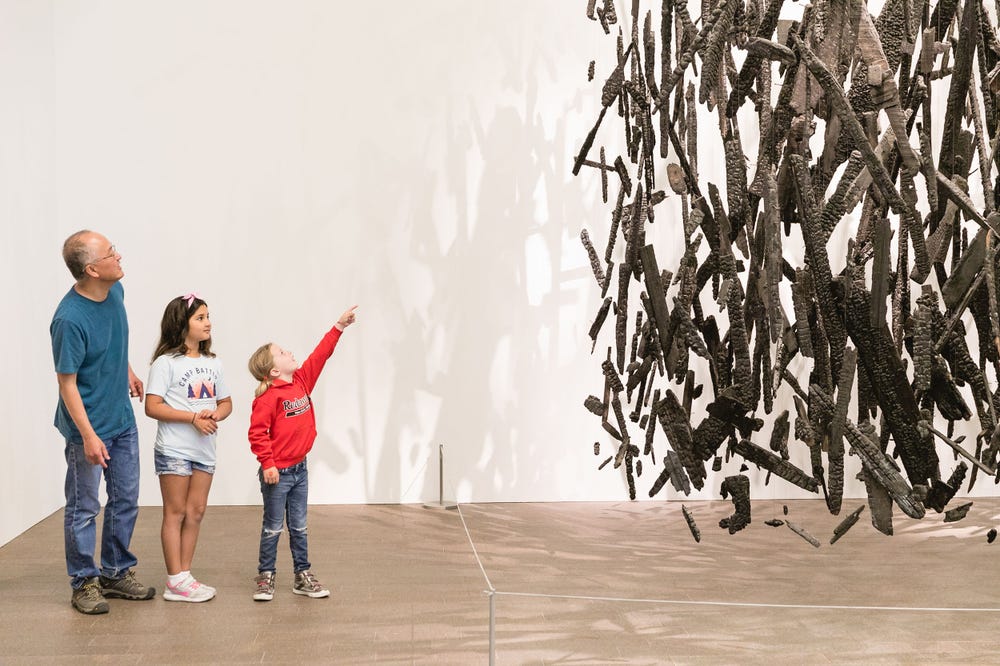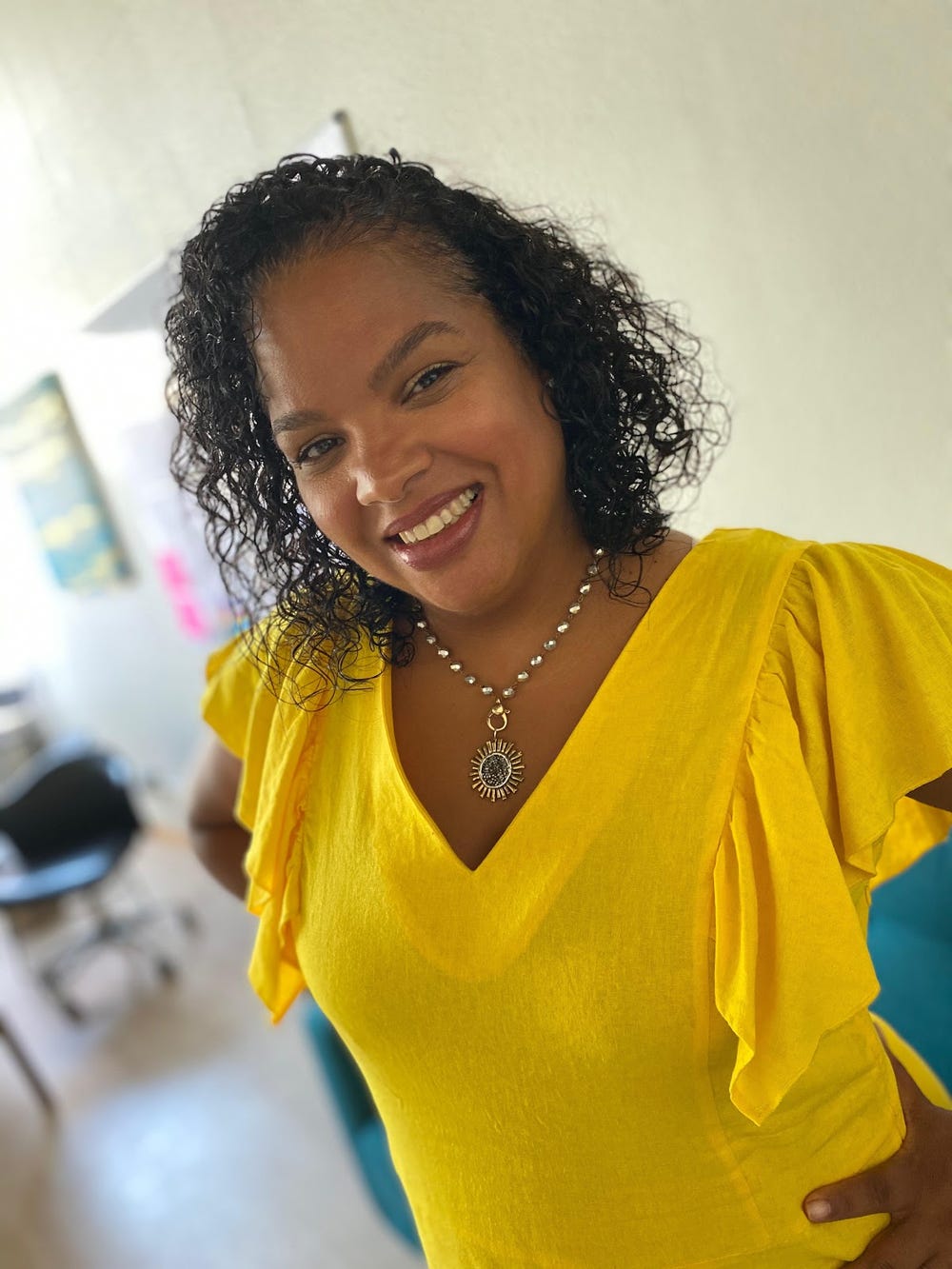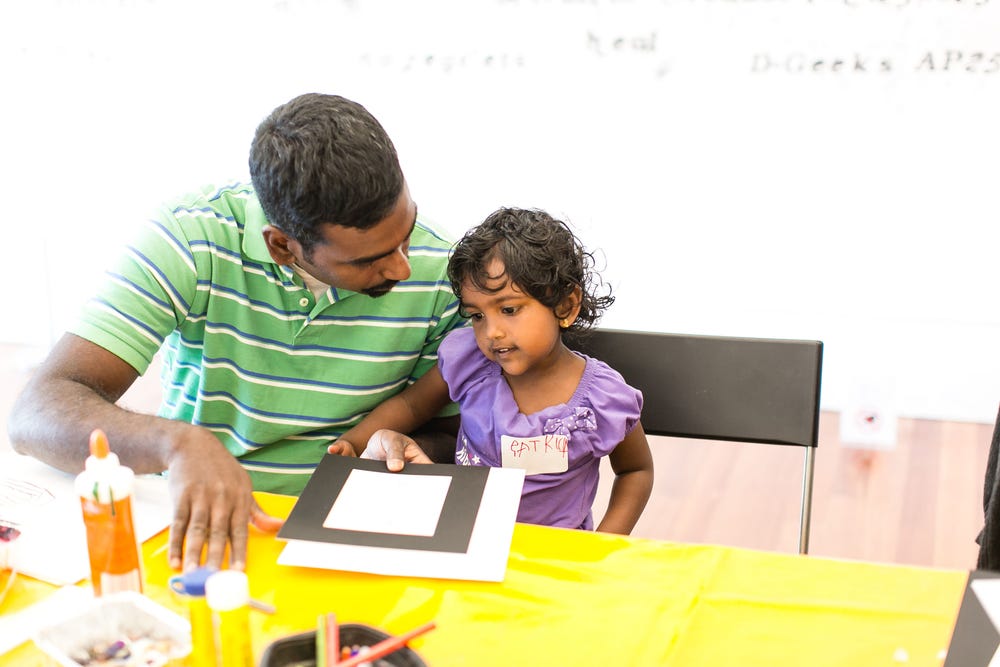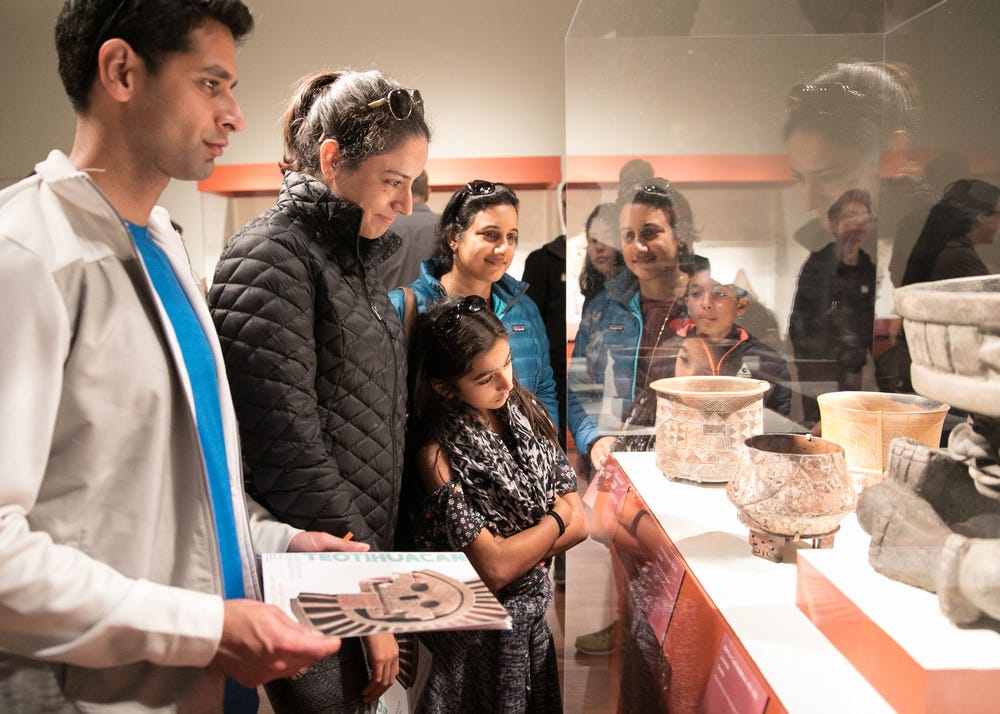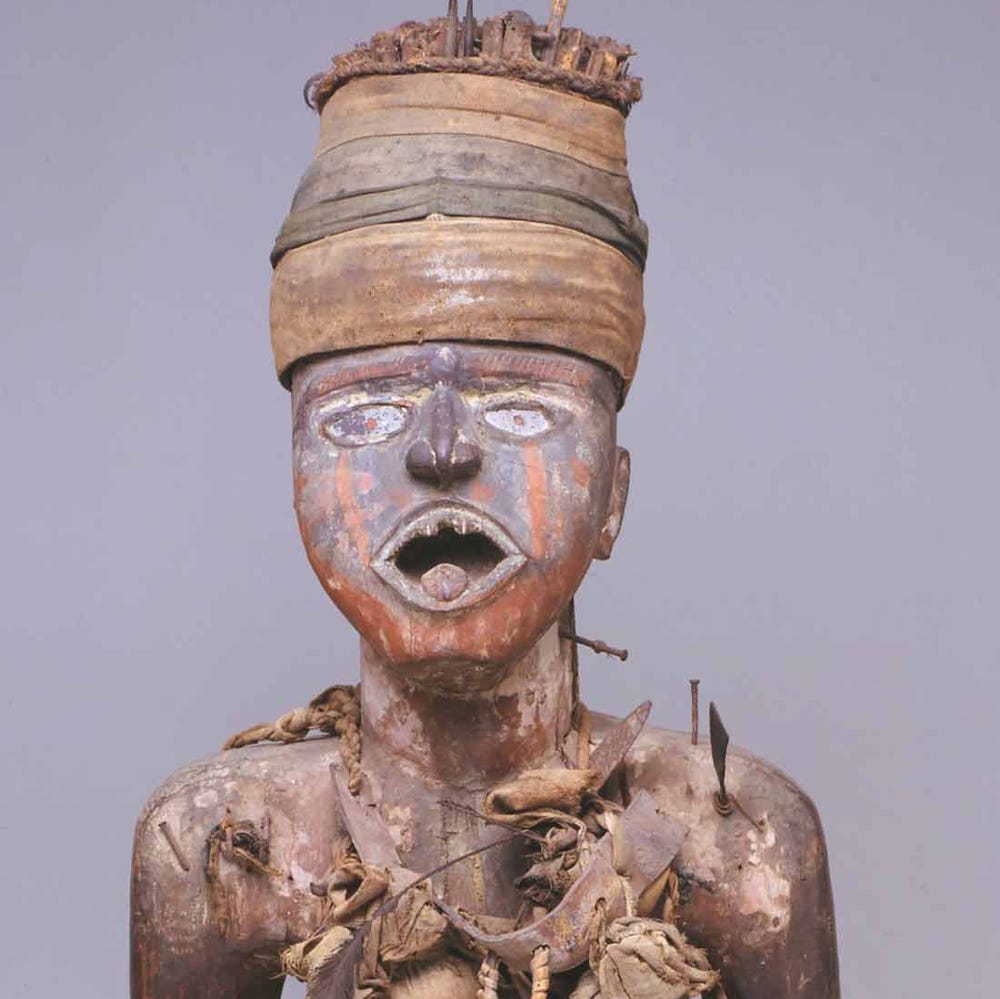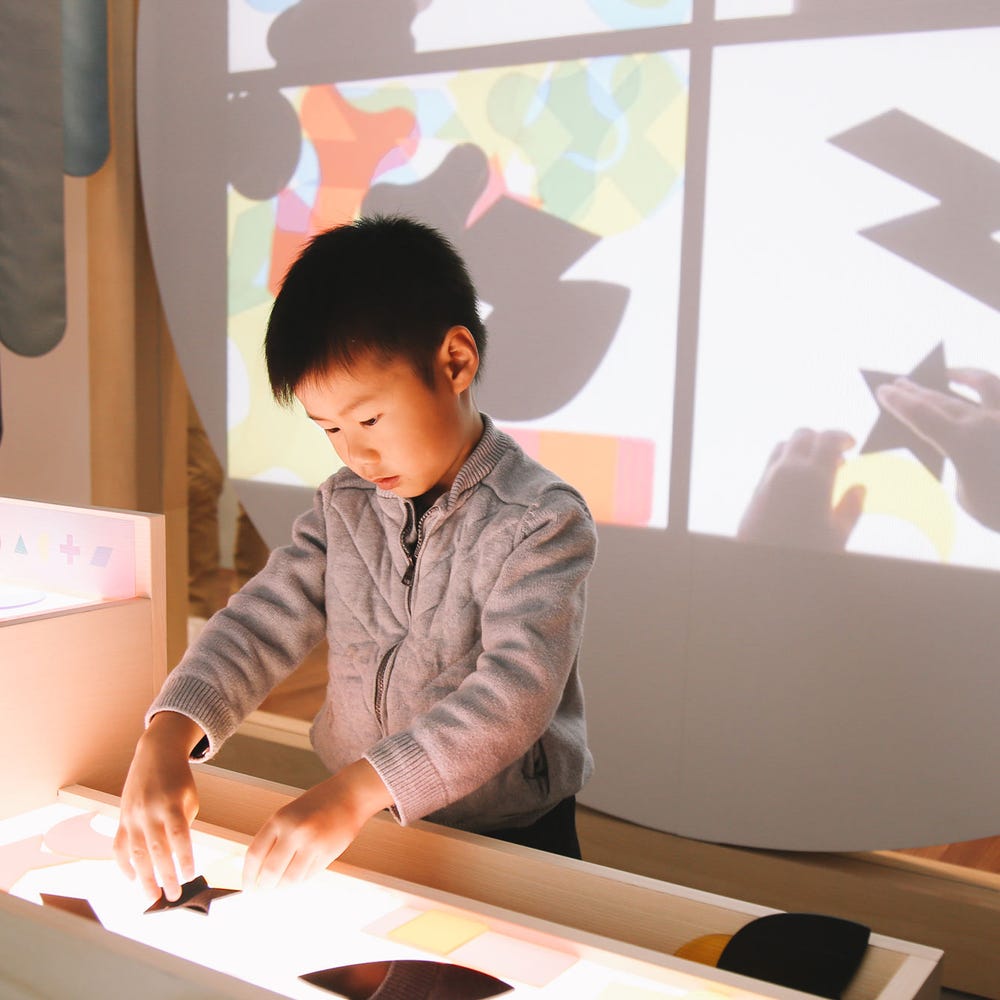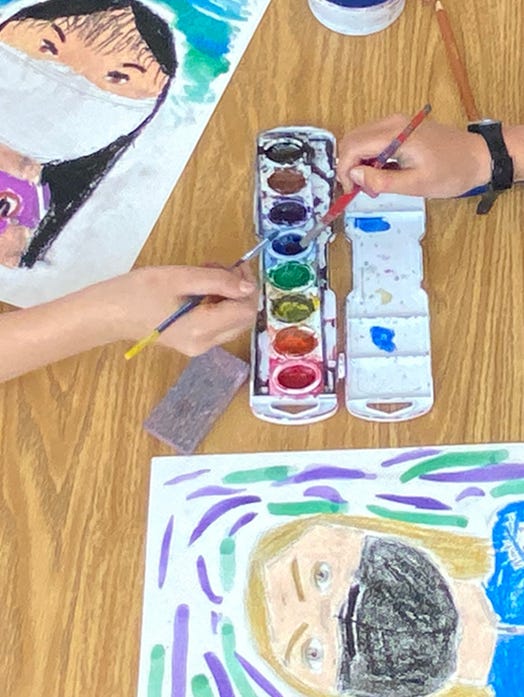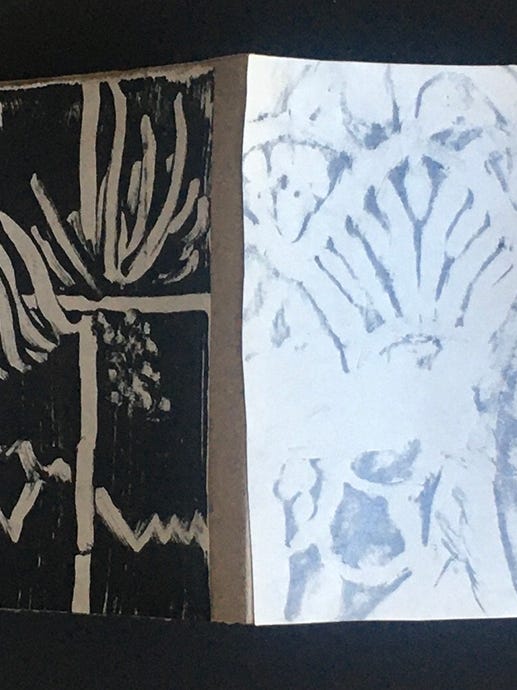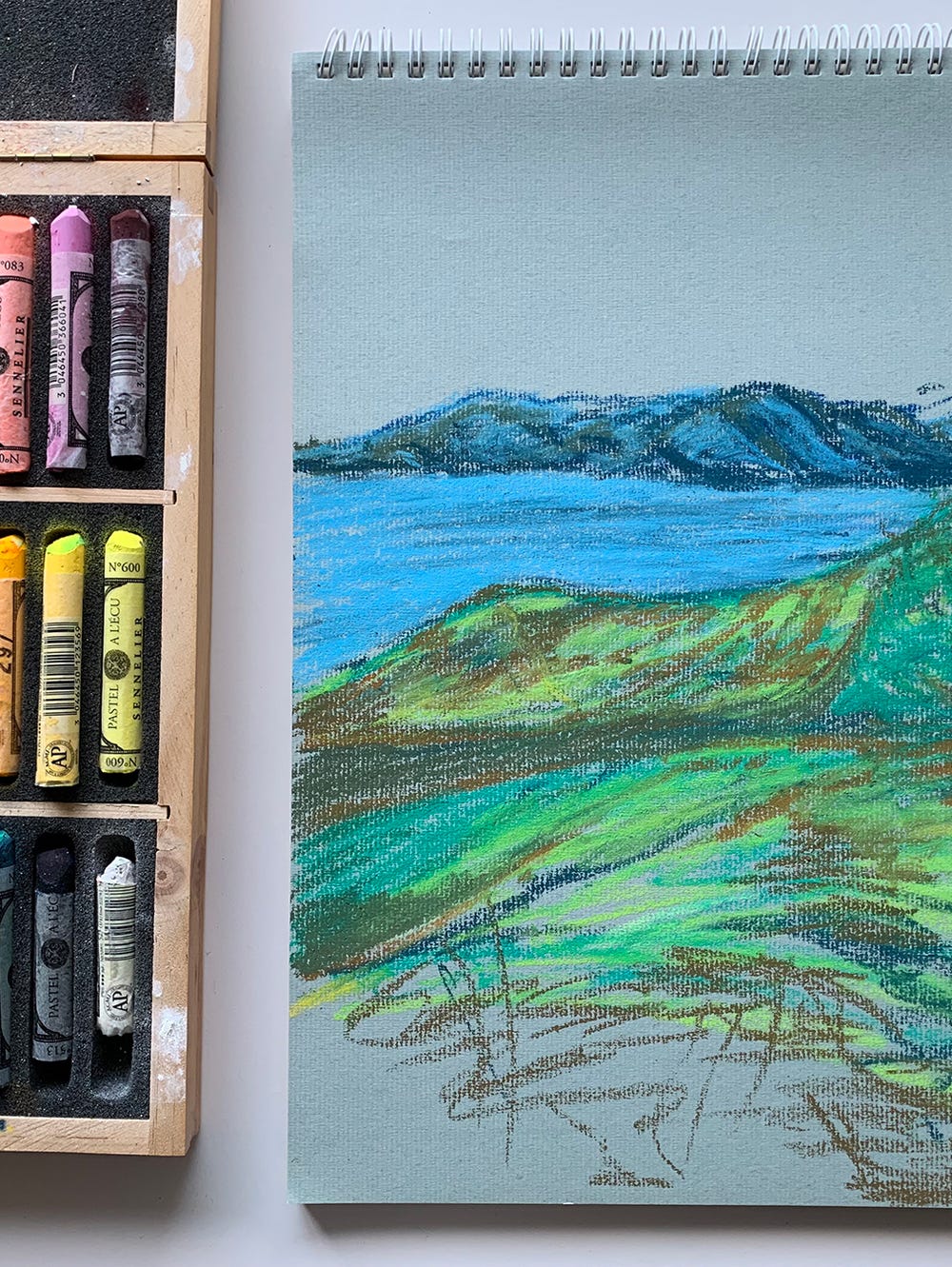Anti-Racist Parenting: Starting the Marathon
By Jenjii Hysten and Ariana Bayer
April 8, 2021
Jenjii Hysten, facilitator of the final session of the Museums’ family workshop series, Doing the Work Together: Unpacking Anti-Racist Parenting Competency, introduced anti-racist practices, coached participants on setting intentions for growth and shared strategies for first and next steps at home and in school communities. Here Hysten shares where to start and how to keep the practice of being anti-racist going for yourself and your family at home as well as in a museum setting.
Where I started
The concept of anti-racist parenting is new to some families, yet some of us have been doing this our whole life. I’ve been in the work of equity since I was 16. I’m 44 now. The way I did this work before I had two black boys was very different; it was work on behalf of my people. But once I had Issac and William, I wake up every day to make this world better for them. Every day I go home and I tell my sons what I did today so they know that I have taken action to educate people about what would make the world more just for them. While there is so much hate in the images that our kids see, I need my sons to know that there’s a lot of people who want to see them grow up to be amazing. It may look a little different for your children, but I’m telling the story of sons I want to come home safely at night. We’ve got to share our stories so that we can share our common escape plan from the White Supremacy framework.
Jenjii Hysten, image courtesy of the author
We have to sit with ourselves as parents first
While we’re different, in many ways we are more alike than unalike. We all want the basics. We want our kids to be safe, and we want to create a community where they can be all they dream of being. But there are systems that have been designed and reinforced for generations (consciously and unconsciously) to keep certain groups from ever being able to fully realize true freedom from oppression as well as fear. We must consider: What have we been taught? We must interrogate our biases, even when it doesn’t feel comfortable. We must ask ourselves how we want our children to be different than us and better than us. We must take action. We are our children’s role models, so we must think about what we are saying and what we are doing.
Image by Andria Lo
The marathon
Embracing the practices and rituals it takes to be intentional about anti-racist parenting is not something you master overnight. Many people want a quick fix to undoing racist practices in America. But this is not a sprint, this is a marathon. It’s a life commitment that will have trial and error. This is generational work. We must keep going.
Storytelling
A powerful way to explore anti-racist parenting is through children’s books. In the book Antiracist Baby there are nine practices on how to be an anti-racist baby. Start by just taking in the practices. Pick two that you’re going to try, for 30 or 90 days, and work on those two over and over until they become instinctual, until they become part of your being. And then add two more. If you try all nine, with the expectation from our children and ourselves that we’ll just have it, then we will actually offend people more, we will give up, we will go into self-pity, we will allow shame. This is one of the things I’ve seen with my white parent friends. The first-awakening phase can include shame, and that is very hard to move through. Take care of yourself and then try again with faith that you can actually experience transformation.
Image: Agency Moanalani Jeffrey
At the Museum
A few years ago, my son William was in third grade and took a trip to one of the Museums’ African American art exhibits. One of the things he came home and told me was that someone at the museum had treated him as if he were the bad boy. He is a scholar and a well-behaved child. He wasn’t the bad boy, it was white students in the class who were misbehaving. Thinking about children’s experiences in museums makes me think of what Maya Angelo says, that people will forget what you said, people will forget what you did, but people will never forget how you made them feel. We can shift the narrative on how we look at our children and see their humanity first. What would happen if you saw my son as your son and if I saw your daughter as my daughter? How do we share that collective power?
History
William also said to me, “Mommy, when they told me the history they just walked by it real quick.” Our story didn’t start in American slavery. I think it is urgent that all children learn that Black people are more than an enslaved group that were freed. African American children in particular need to know that they come from kings and queens, that their ancestors were not the brutes of the earth, but that the cradle of civilization is rooted in Africa. In African and African American museum exhibits, how do we bring in light and beauty and color and brilliance? We’re colorful, even in the midst of telling some of these hard stories, and I’m sure this is true to other cultures’ stories as well. African culture has touched every part of the world, every continent, in art, music, education, and science. Let’s also tell that story as we share the story of enslavement.
Empathy
Empathy is one of the most effective tools to teach our children anti-racism. Our kids are not as ignorant as us. They play on the playground together, they like each other and are more comfortable with diversity of all kinds. Children are extremely resilient and the things that trigger us may not trigger them. They get naturally curious. “But Mommy, what’s that mean?!” Now it is on us to go back to: What’s the story? Who is telling it? And how do I try to place myself in someone else’s shoes? Empathy allows us to keep ourselves open to learning, understanding, and feeling in our hearts, which leads to transformation.
Image by Andria Lo
Reading and Listening List
Books
Beyond the Hashtag: The Spirit, Heart and Love of Black Men by Jenjii Faith Hysten
Antiracist Baby by Ibram X. Kendi
Why Are All the Black Kids Sitting Together in the Cafeteria? by Beverly Daniel Tatum. She gives insights about how you socialize your family.
Just Mercy by Brian Stevenson. One of my heart-reads; it will pierce any parent’s heart.
The New Jim Crow by Michelle Alexander. This is for the intellectuals who want to understand frameworks.
The Water Dancer by Ta-Nehisi Coates. A really creative way around talking about abolitionists. The way they paint the stories, it’s like walking through a museum.
